How to Keep Your Heart Failure in Check


Keep an Eye on Symptoms Daily
If you’re living with heart disease or congestive heart failure in particular, stay on top of changes in your body. One easy way to do that is to write down symptoms when you notice them. Is it hard to catch your breath? Are your hands and feet swollen? Do you have a cough? Tell your doctor if you notice anything new.

Exercise
Be active. It's great for you when you have heart disease. It can lower your cholesterol and blood pressure and help you lose extra weight. Move every day if you can. Aim to work your way up to 30 minutes of physical activity a day, at least 5 days a week. Wondering what to do? Good exercises for the heart use large muscle groups like your legs. You could walk, ride a bike, or swim. Talk to your doctor before you start a new fitness routine to find out what's safe for you.
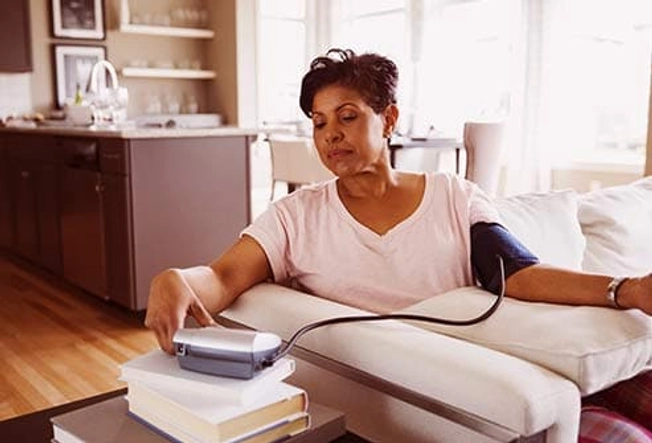
Control Your Blood Pressure
Check your BP every day. Talk to your doctor about your personal blood pressure goal. The ideal way to hit your goal is with a healthy lifestyle. You may also have to use medicine. Tell your doctor if your BP changes.

Keep Track of Liquids
Ask your doctor if you need to limit how much fluid you get each day. Remember, it isn't just what you drink that counts. Ice, ice cream, hard candy, sherbet, gelatin, and soup all add up. Weigh yourself every morning. Quick weight gain can be a sign that fluid is building up inside your body.

Eat Healthy
Follow a well-rounded diet. Fruits and veggies should fill up about half of your plate at each meal. And don’t forget to have some whole grains. Lean meats, seafood, beans, seeds, and processed soy should be your proteins. Keep solid fats, refined grains, and sugars to a minimum.
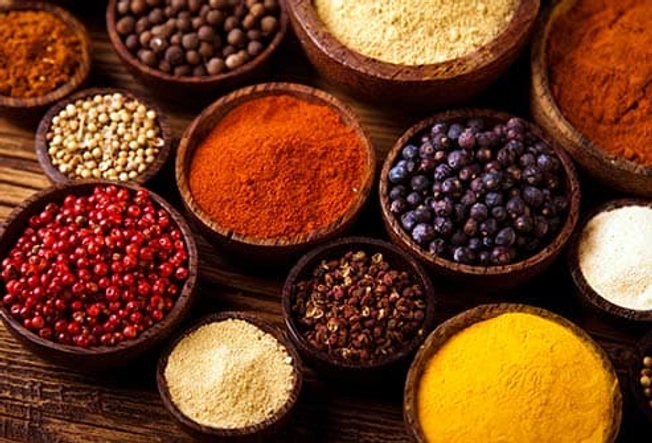
Watch Your Sodium
Sodium makes your body hold on to fluid. That can raise your blood pressure, cause swelling in your legs, or make it hard to breathe. Most of your sodium comes from salt. Don't cook with it, and don’t add it to food before you eat, either. Instead, use herbs or no-salt seasoning. Choose fresh vegetables. If you use canned or frozen veggies, make sure they’re unsalted. Also, look for low-sodium foods at the store.

Watch Your Weight
Extra pounds can make your heart work harder. Find doable ways to get to a healthy weight. Exercise and a proper diet are a good start. Ask your doctor for other ideas. Your cholesterol and blood pressure will also get better if you do. A sudden weight gain can mean fluid is building up in your body. If you catch it early, your doctor can treat it.
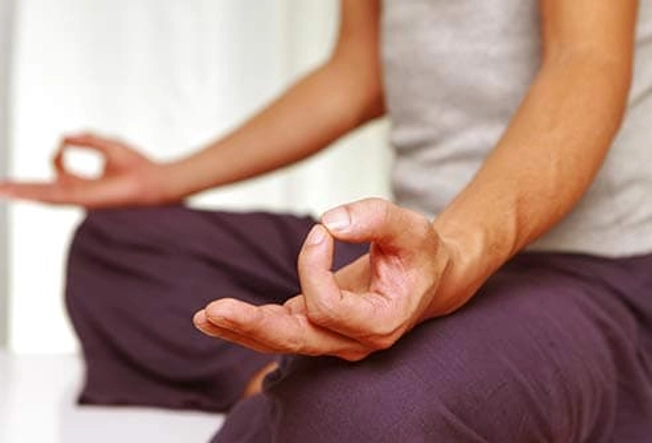
Manage Stress
Heart disease can make you angry, depressed, or anxious. Getting mad or stressed is linked to a higher risk of a heart attack. Find ways to ease your anxiety. Talk with someone close to you about what’s going on. You may want to try meditation, yoga, or deep breathing. Your doctor can always lend a hand if it gets to be too much, but you have to let them know how you've been feeling.
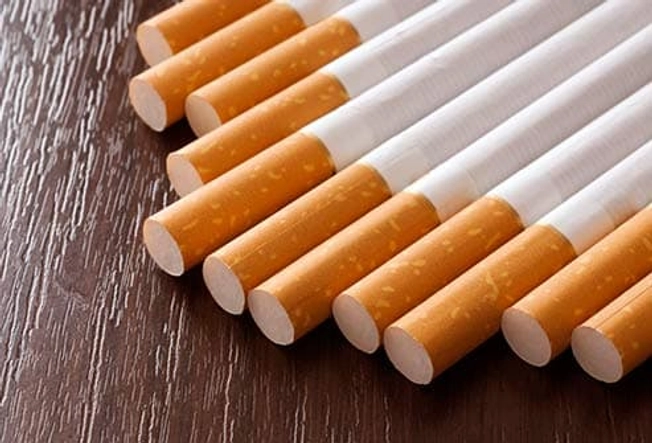
Stop Smoking
If you smoke or use tobacco, you should try hard to quit. Lighting up can raise your chances of a heart attack. It can boost your blood pressure and hurt the vessels that carry blood to your heart. Try to avoid secondhand smoke, too. Ask your doctor about ways to kick the habit. Find a support group to help.
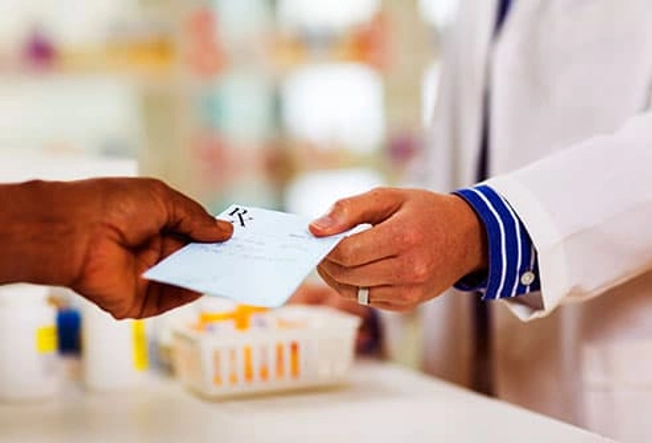
Take Your Medicine
Sometimes, lifestyle changes aren't enough. You may have to take medication. The right ones can lower your cholesterol and blood pressure, prevent blood clots, and even reduce your chances of a heart attack. They can also ease your symptoms and take stress off your heart. Talk to your doctor about your options.
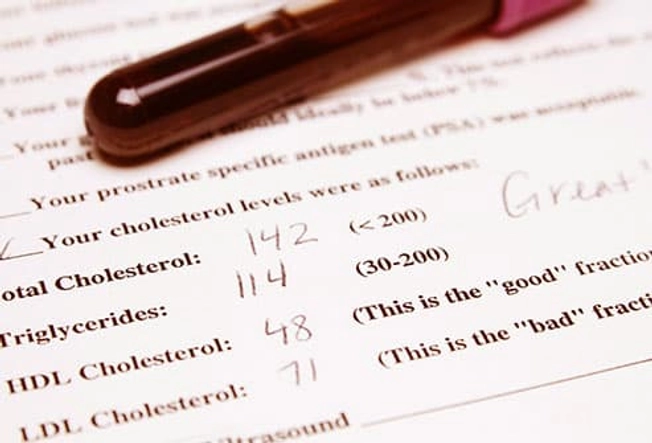
Watch Your Cholesterol
High LDL cholesterol (the "bad" kind) can lead to more heart problems. Your doctor will help you understand what your target levels should be. If you've already had a heart attack or are at high risk for one, shoot for 70 or below. Sometimes diet and exercise aren't enough to control cholesterol. Your doctor may want to put you on medication to keep yours in check.

Rethink That Drink
Talk to your doctor if you drink alcohol. Heavy drinking can weaken your heart and make it work harder. Research does show that a little booze can raise your HDL (good) cholesterol level -- but too much can make you gain weight or raise your blood pressure. Ask your doctor what's best for you.

See Your Doctor Regularly
Keep up with your appointments, and tell them about your symptoms. Let them know if the way you feel changes. Come prepared so you get the most out of your visit. Make a list of questions you want to ask, and write down the meds you're taking. If something isn't clear, ask for an explanation.
IMAGES PROVIDED BY:
1) Getty Images
2) Getty Images
3) Getty Images
4) Getty Images
5) Getty Images
6) Thinkstock Photos
7) Getty Images
8) Thinkstock Photos
9) Thinkstock Photos
10) Getty Images
11) Getty Images
12) Thinkstock Photos
13) Getty Images
SOURCES:
American Heart Association: "Communicating With Your Advanced Heart Failure Healthcare Team," "How Can I Make My Lifestyle Healthier?"
Harvard Health Publications: "Ten steps for keeping heart disease in check," "Cholestrol Guidelines."
National Heart, Lung, and Blood Institute: "Living With Heart Disease," "How Is Heart Disease Treated?"
Penn Medicine: "A Stronger Pump: A Guide for People With All Types of Heart Failure."
Providence Heart and Vascular Institute: "Living with Congestive Heart Failure."
Sears, S. Circulation, 2013.